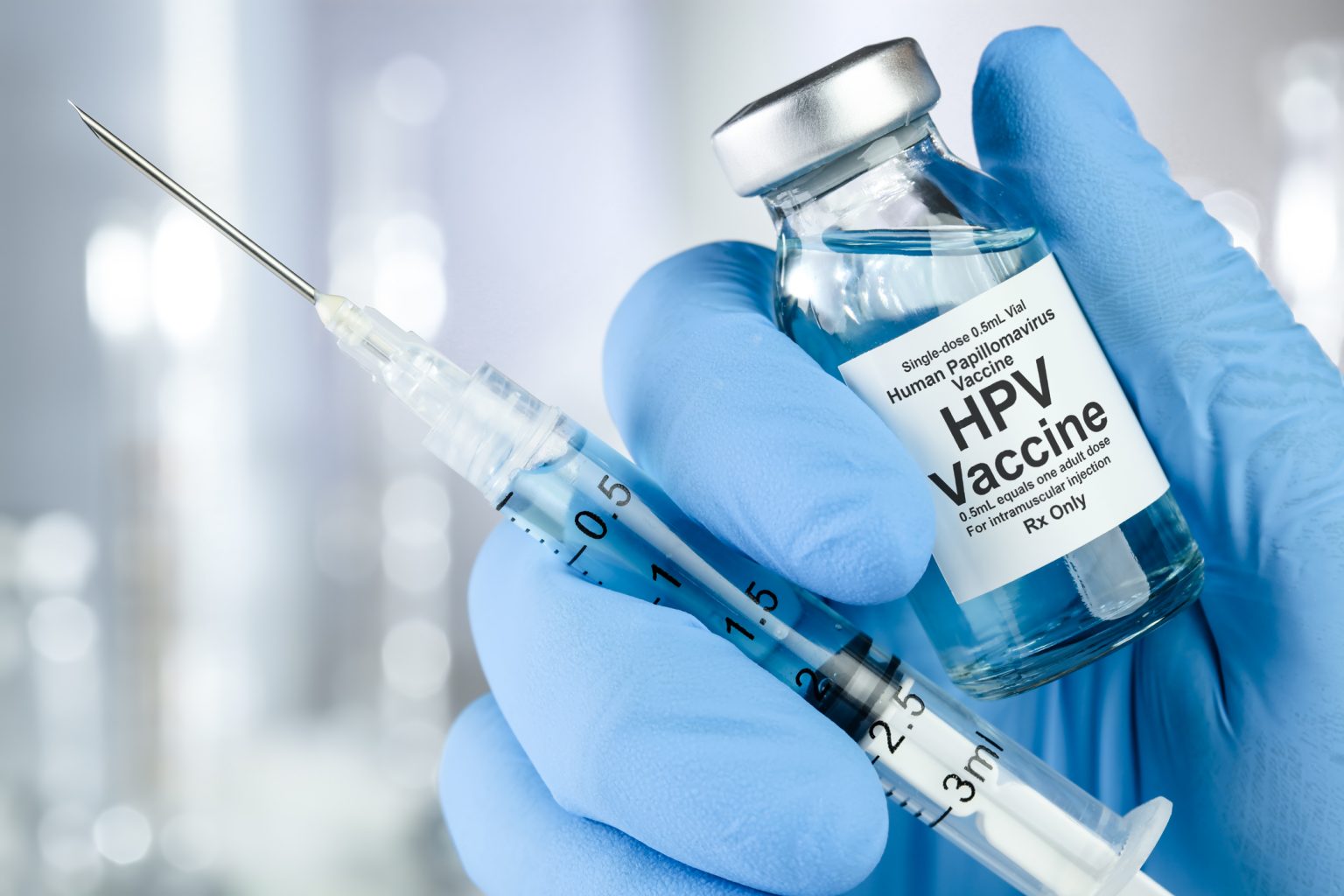I was probably only 12 years old the first time the HPV vaccine was brought up by my doctor during my annual check-up. At that time, my parents quickly dismissed the recommendation that all girls be vaccinated around my age. Over the years, my parents’ response to the suggestion went from dismissal to claims that they would “do more research” or “get a second opinion”. My parents never did that. Although, in general, they supported vaccination, they ran on misinformation spread within their religious community and fears of confrontation with sexual health. My experience, I recently learned, was not unique.
The research that more parents should have done is critical. Only two FDA-approved vaccines can prevent cancer; one is the HPV vaccine against the human papillomavirus (HPV). This virus is the most common sexually transmitted infection (STI) and 10% of the time, it causes genital warts and cancer (1). The incidence of cervical cancer is 30% higher for Black women than white women and Black women are 80% more likely to die from cervical cancer than white women (2). Studies have shown that education, spirituality, and religious affiliation with Christianity impact parents’ decision to vaccinate their children against HPV (3). It is imperative that all people have access to medical developments as this is a cancer that can be prevented. The disparities, particularly on the basis of race, are stark and need to be addressed.
These conversations are sensitive as they connect to sexuality and racism against Black women. The hypersexual Black women character comes from times of slavery when Black women’s bodies were used, even to develop medicine, and women like Sarah Baartman were anatomized and displayed across Europe. These are sensitive because they deal with oppression and exploitation. Though it is hard to blame parents and communities, these conversations about sexuality are often pushed aside. This is especially the case for those with religious backgrounds, leading to a lack of knowledge and preparation. This, along with lower socioeconomic status and education results in lower HPV vaccine uptake in Black communities (2), (4). It was found that there were parents who believed religious adherence to sexual behavior would naturally protect children from the HPV vaccine (3). It is clear that expectations are not enough and conversations are vital. Conversations and education about sexuality and vaccination save lives.
A key step forward is to engage community health workers and local religious leaders. These community leaders have the trust of community members that may fear misplacing in other healthcare providers. Providing safe places for families to ask questions and gain knowledge is also important in other health areas. Although I couldn’t say much as a young teenager, now I have the confidence and understanding to have these hard conversations with my parents and community members. Together we can advocate for HPV vaccination and the health of generations of young Black girls.
The CDC recommends HPV vaccines for all preteens at age 11 or 12 years old and everyone through age 26, if not vaccinated already (1).
- https://www.cdc.gov/std/hpv/stdfact-hpv.htm (1)
- http://onf.ons.org/onf/48/4/factors-associated-african-american-mothers-perceptions-human-papillomavirus-vaccination (2)
- https://www.mdpi.com/2076-393X/10/3/397 (3)
- https://www.ncbi.nlm.nih.gov/pmc/articles/PMC3557344/ (4)
By Ushuu Namarra, Associate Project Manager Intern, for HOP’s series of monthly staff blogs

